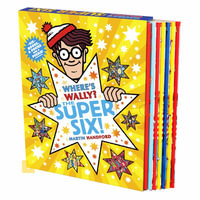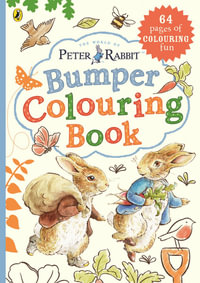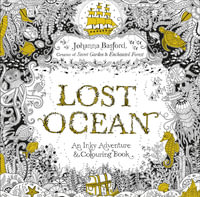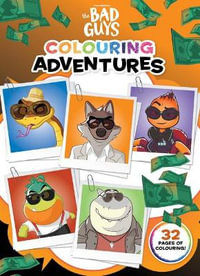Loved it!
Through hilarious illustrations and thoughtful storytelling, children discover how words can affect others and the importance of teamwork.
Children are not typically excited to clean up. They would rather eat a plate of Brussels sprouts than tidy up. Parents try every trick to motivate their kids to clean their bedrooms or playroom. They sing clean-up songs, give them a star on a chore chart, or reward them with a toy or treat for a job well done.
As children grow up, their allowance might revolve around the amount of chores they do or the time spent doing them. They might have a must-have item in mind, like a video game or skateboard. Tippie and Nala have decided to tackle household chores. They weren't saving up for a cool toy. Nala hopes the thoughtful act will make their Mama happy, and she'll reward them with extra carrots at dinnertime.
The two friends didn't have great success doing chores last time; the house was messier than before they started. Swearing they be more careful this time, Tippie and Nala divided the duties and got to work. Despite good intentions, things quickly went south. Readers will laugh at the bubbles in the laundry room and feathers raining down in the bedroom.
Anger and raised voices are two common reactions to stepping into a mess, especially one of this magnitude. Tippie cried when being yelled at, and so would many other people in the same situation.. While becoming angry is easy, saying sorry is not. Kids need to understand that words have power: those said in anger and those asking for forgiveness. Nala apologized for yelling, an important moment in the story.
Readers also saw Nala and Tippie learn the importance of teamwork. As the duo tackled the messes, Tippie's tears were replaced with laughter. When Mama came home, she thanked them for the effort and didn't yell about the mess. She was proud they tried, which is the important part.
Messes will happen in life. Things will break. Tempers will want to rise. This story reminds kids (and adults) that getting angry solves nothing; it only makes matters worse. Instead, take a breath. Problem solve a solution. Own up to a mistake and be willing to work as a team to fix what's broken.
Humorous illustrations. Important lessons learned. This is a must-read for children three years and older.
4.5 stars
-Kameron Brook
























